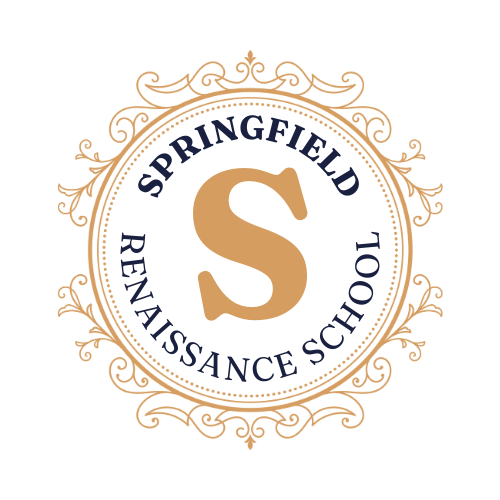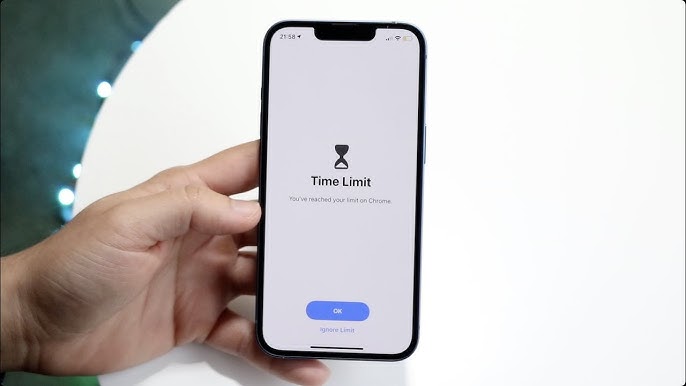
Share Post:
Changing careers after 40 can feel like standing at a crossroads with a lifetime of experience behind you and an open road ahead. It is not just a decision about work; it is about redefining yourself, your passions, and your priorities.
For many, it brings a mix of excitement and uncertainty, questioning if it is too late to make a change or if the skills you have built over the years will translate into something new.
However, this phase of life is often the perfect moment for reinvention. It is when you can pair wisdom with opportunity, blending what you know with what you are eager to learn.
Table of Contents
ToggleWhat Made You Look for Change? Start There
The decision to change careers often starts with a sense that something is missing. It could be dissatisfaction with your current role, a desire for more meaningful work, or simply feeling out of alignment with what you do every day.
Whatever sparked the thought, it is important to reflect on what exactly led you here. This clarity not only helps you understand your motivation but also guides you toward a career path that feels more fulfilling.
For many, a new career might mean pursuing a field that has always seemed out of reach. Changing career to nursing, for instance, could stem from a lifelong interest in helping others or the desire to step into a role that makes a real difference.
Identifying this deeper “why” can be the foundation for building a plan that feels purposeful and achievable, especially when combined with the right educational steps.
Why Your 40s Are the Right Time to Rethink Your Career?
At this stage, you have a wealth of experience and a better understanding of your priorities. This is not about starting over but about building something more aligned with what you value now. Many people discover that their goals have shifted over time, and this is the perfect moment to act on those changes.
The job market also offers unique opportunities for those willing to learn. Education can help you transition smoothly into a role that matches your current ambitions, such as changing careers to nursing or any field you have been curious about. You already bring expertise, problem-solving skills, and a strong work ethic—education simply adds the tools to make the transition possible.
How to Identify the Skills You Want to Use Every Day

When planning a career change, focusing on skills that genuinely align with your interests and strengths can make the transition more rewarding.
The process of identifying these skills requires reflection and practical assessment to ensure you choose a path that feels both satisfying and achievable.
Skills That Transfer Across Careers
Certain skills are valuable no matter what field you enter. These include:
- Communication: Writing, public speaking, or even active listening can apply to various careers.
- Problem-Solving: The ability to think critically and resolve challenges is universally sought after.
- Adaptability: Employers value candidates who can navigate new systems or situations effectively.
- Leadership: Managing people, projects, or resources is essential in many industries.
For example, someone with strong communication and empathy might consider changing career to nursing, where these skills are essential for patient care.
Testing Your Interests with Small Steps
Thinking of a career shift to work on a cause you care about? 🌍 Get inspired by Caroline, who transitioned from banking to sustainability through skills-based #volunteering. Learn how she found her path with @ChangingStreams. Blog: https://t.co/5UeCfP1n2l #VolunteersWeek pic.twitter.com/lDak6sBURs
— Reach Volunteering (@ReachVolunteer) June 7, 2024
Before committing to a new career, experiment with your interests through:
- Online Courses: Take an introductory class to see if the subject engages you.
- Volunteer Work: Get hands-on experience in a field that piques your curiosity.
- Networking: Speak with professionals in roles you are considering to understand their day-to-day activities.
Tools to Help You Identify Your Skills
- Skill Assessments: Online platforms like Skillshare or LinkedIn Learning offer assessments to highlight your strengths.
- Career Coaching: A professional coach can provide guidance tailored to your goals and personality.
- Journaling: Regularly write down tasks you enjoy and excel at to spot patterns over time.
What Kind of Education Do You Need?
The type of education you pursue depends on your goals.
Consider the following options:
- Short-Term Certificates: Ideal for specific skills, like coding or digital marketing.
- Degree Programs: Necessary for fields requiring in-depth knowledge, like nursing or engineering.
- Workshops and Bootcamps: Provide fast, focused learning in areas such as graphic design or project management.
Practical Steps to Start Learning
- Research Programs: Explore options online and locally to find courses that suit your schedule and budget.
- Leverage Free Resources: Platforms like Khan Academy or Coursera offer introductory classes at no cost.
- Plan Around Your Life: Opt for evening or weekend classes if you are balancing work or family commitments.
Choose What You Really Want Instead of What Feels Safe
Many people stay in careers they no longer enjoy because it feels safer than stepping into the unknown. However, real growth happens when you prioritize what excites you over what feels comfortable.
Ask yourself honest questions about what you want from your next career:
- What drives you? Is it creativity, collaboration, or making a difference?
- What do you dislike in your current role? Identifying these pain points can guide you toward a better fit.
- What would success look like? Think beyond money to focus on how you want your work to feel.
Find Time for Education Without Giving Up Your Life

Finding time for education while managing work and family responsibilities can feel challenging, but it is possible with the right strategies.
- Set Specific Goals: Break down your learning into manageable chunks.
- Use Your Commute: Listen to audiobooks or lectures during travel.
- Communicate Your Needs: Let family members know about your schedule to build a support system.
Many educational programs are designed for busy adults.
- Online Classes: Study from anywhere at your own pace.
- Hybrid Models: Combine online learning with occasional in-person sessions.
- Self-Paced Resources: Platforms like Udemy let you move through courses at your speed.
Building a Career That Feels Like It Fits You Now
A career that felt right in your 20s or 30s may not match who you are today. This is the time to create something that feels more aligned with your current values and interests.
Match Work to Your Current Priorities

A career that felt right in your 20s or 30s may not match who you are today. This is the time to create something that feels more aligned with your current values and interests.
- Focus on Meaningful Impact: Many people prioritize work that gives back to the community or creates value.
- Flexibility Over Prestige: Career paths that offer work-life balance often feel more sustainable.
- Creative Freedom: Pursue roles that allow you to explore fresh ideas and approaches.
Steps to Redefine Your Professional Life
- Identify Non-Negotiables: Determine what you need from a job to feel satisfied.
- Experiment with Small Changes: Freelance or volunteer to test new roles before committing fully.
- Build a Network: Reach out to professionals in industries you are exploring for guidance and insights.
FAQs
Last Words
It takes courage to step away from what you know and move toward the unknown. The process might test your patience, your confidence, and even your resilience, but it is also an opportunity to redefine your purpose and take control of what comes next.
The key is to stay focused on what you truly want and not let fear hold you back. Education, self-reflection, and persistence can open doors you may not have considered before. Change is never easy, but it can be the most rewarding step you ever take toward a life that feels more fulfilling.
Related Posts:
- Why More Students Should Embrace Asynchronous…
- 9 Ways Remote Learning Is Changing Healthcare Education
- Why SplashLearn is a Game-Changer for K-5 Math Education
- Why Game-Based Learning Is Key to Student Engagement…
- 10 Benefits of Integrating Technology into Education…
- What Is Multimodal Learning and How Does It Enhance…











